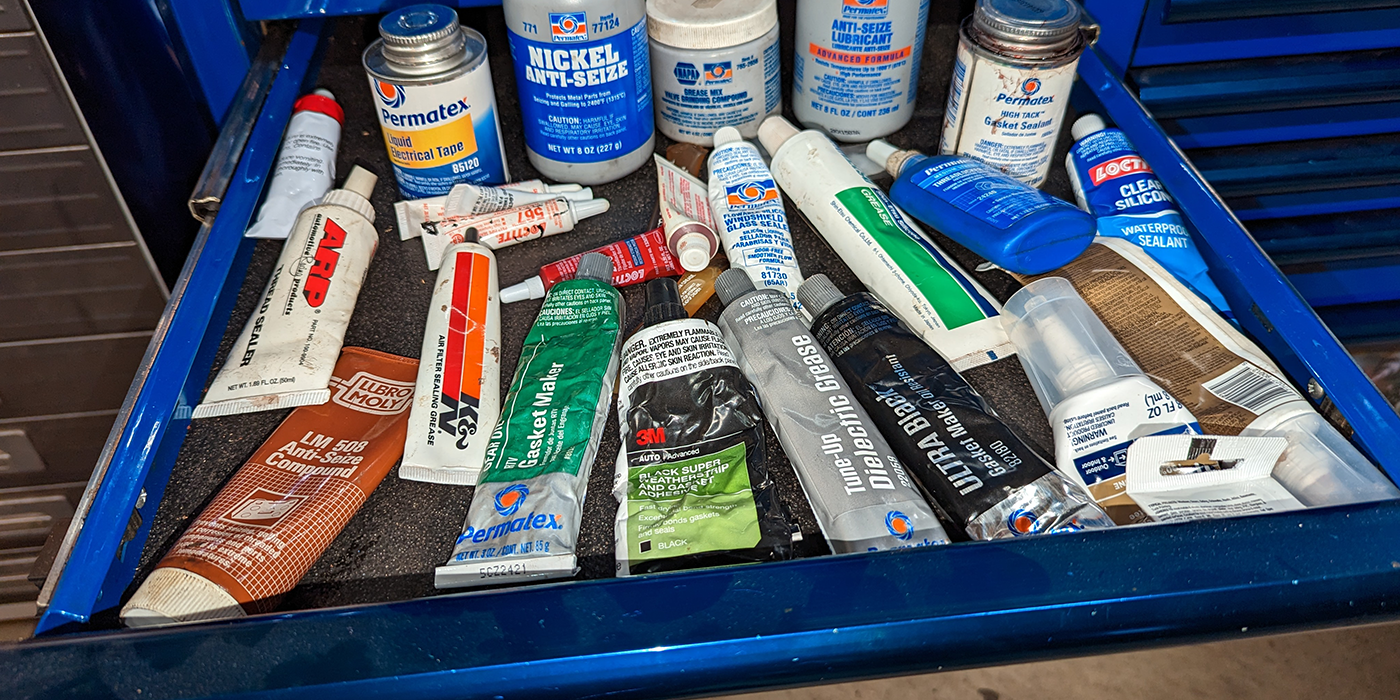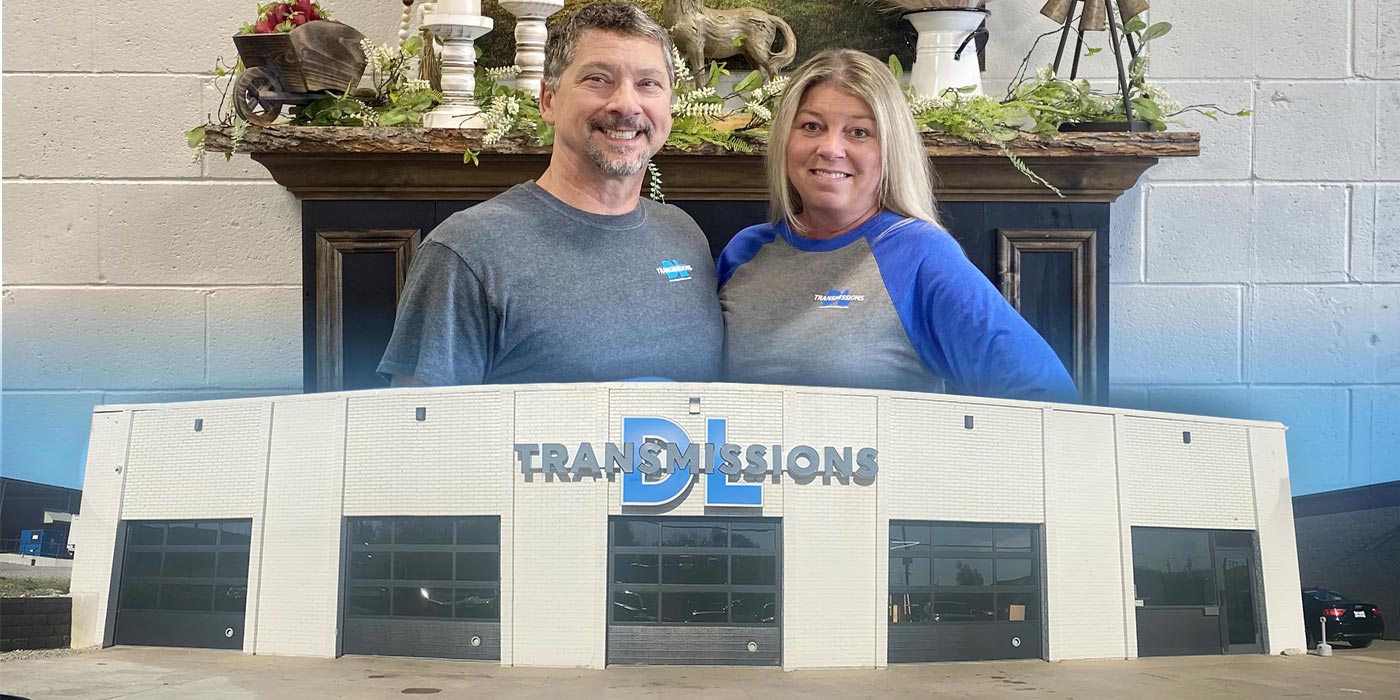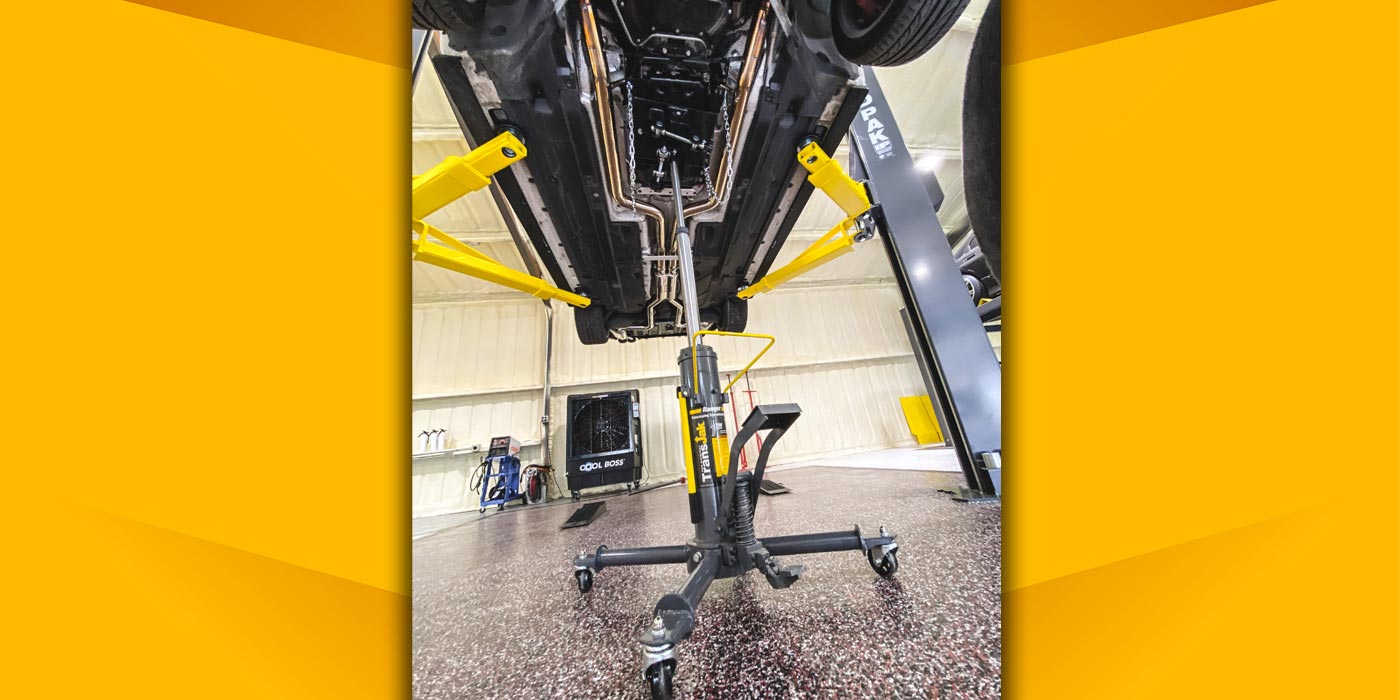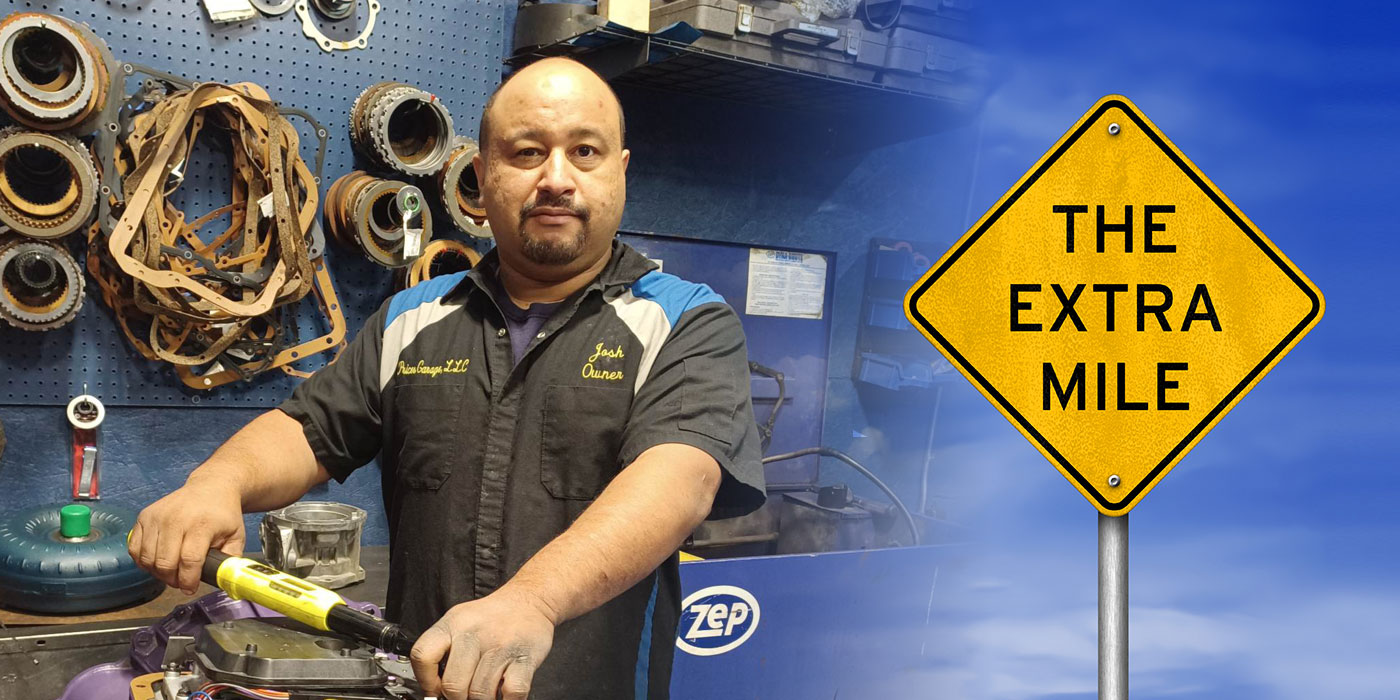
It’s Your Business
- Subject: Choosing the right person for a specific position
- Essential Reading: Shop Owner, Center Manager
- Author: Terry Greenhut, Transmission Digest Business Editor
Promoting technicians to sales or management-level positions is a great way to show the entire staff that there is opportunity for growth within the company. As a current owner or manager you may even feel obligated to move someone up when a position becomes available. Most of the time the available position will have something to do with selling work to customers, a job for which many technicians are not suited or not qualified, or don’t really want even if they think they do.
As technicians get older it becomes more difficult for many of them to perform all the physical activities that once came so easily to them. At that point, if offered an opportunity to stay clean, dry, warm and safe from physical harm, some might jump at the opportunity. Whether or not they can do the job or enjoy it is an important consideration.
Technicians are generally highly skilled and well qualified to fix cars and trucks. It took many years and a lot of hard work for them to become proficient at their trade. They were taught and tested; they acquired, at great personal expense, the tools and equipment necessary to perform their tasks to the best of their professional capabilities. They are presently working within their element, their comfort zone, on tasks they know how to complete successfully.
Turning a technician into a service adviser or manager is risky business for a number of reasons.
- 1) Although the technician may believe it’s a good idea when the job is first offered, many quickly realize that they are taking it not because they have always had a burning desire to sell work to customers but only because the job would take them away from turning wrenches, which they are tired of or fed up with at that moment. After a little while many yearn to go back to work in the shop but hang in way too long for fear of looking incompetent or because they don’t want to admit that they either don’t want the job or aren’t enjoying or doing well with it.
- 2) Many technicians relate better to iron than to people. They can communicate with cars and trucks via scan tools and other equipment without having to talk with anyone or try to deal with people’s psyches and emotions. They don’t have to smile at cars or be friendly with them. Heck, they can even yell and curse at them, something they could never do with customers.
- 3) Personality. Selling, and managing customers and employees, requires a whole lot of it. You have to be able to smile when you don’t want to and be strong enough to let it all roll off your back when the going gets tough. You have to be in a constant role play with everyone. Being yourself is not an option unless yourself is just about perfect.
- 4) The technician would have to master sales techniques and have the ability to sell work to customers at prices he or she might not even consider paying on their own because of having the knowledge to do the work themselves. In other words, they would have to break through their glass ceiling to charge what the work is really worth, not the imaginary limit they place on it on the basis of their own buying habits or ability to pay.
- 5) The technician would need to start caring more about the business and the profitability of the shop than going into sympathy with customers who say they don’t have the money or aren’t inclined to spend it to service or repair their vehicles properly.
- 6) The technician would have to be willing to sell work based on the inspection of the vehicle and its history of repairs and services, trying to sell everything the customer needs during that visit. He or she would have to realize and understand that the customer has only “top-of-mind” awareness of the vehicle’s needs while it is there in the shop. Once it leaves, all the customer’s other challenges in life take precedence. The vehicle is then forgotten until something happens to it. The service adviser or manager’s job is to sell the repairs and services that will keep anything from happening.
- 7) Listening, understanding and responding appropriately are developed skills one would have to learn and execute to be a successful service adviser or manager. As good as many technicians are when it comes to logically diagnosing problems with cars, many are not able to deal with the irrationality or lack of logic that is the trademark of so many customers.

Just recently a friend and shop owner who was looking for a new service adviser decided to enlist one of his best “A” technicians to fill the position. The technician is a middle-aged man who has been with the company for several years doing excellent diagnostic and repair work but who has of late complained about suffering from chronic back pain.
My friend thought that since the technician had been paid on the basis of flat-rate hour and a percentage of parts sales that he would understand what it takes for the business to make money and why it is so important that the customer pay full price. He also hoped that because of the technician’s ability to communicate with him and the other employees he would be able to do likewise with customers and sell the necessary amount of repairs and services at profitable prices.
Something strange happened, though, when the employee was placed in the front office. He became a fish out of water. He was nervous and unsure of himself. His demeanor changed. He wasn’t his old smiling self anymore. You could see the tension in his face and hear it in his voice. He barely spoke except when he had to, and you were hard pressed to get him to look you in the eye or listen if you were trying to teach him anything. He would speak to customers from a technician’s standpoint, using words they often could not understand even though he had been repeatedly coached in what not to say.
Capturing the car was one of his biggest shortcomings. He had a lot of trouble taking and holding on to the leadership role. He was allowing customers to lead the conversation and to choose the work they thought they needed or wanted to buy. He didn’t say, “You need this.” He said, “It might be a good idea to have this done.” To a customer that translates to: “I don’t really need it. He just wants to sell it to me.” Once a customer feels that way it’s game over.
The experiment lasted several weeks because the owner wanted to give it a fair chance, but when he saw it wasn’t to be, he fortunately was able to create (because the business is large enough) a shop-foreman position in which the technician could use his well-honed diagnostic and organizational skills to increase productivity and cut down on comebacks, improper diagnosis and missed sales opportunities.
It’s amazing how much the technician/former service adviser’s attitude and demeanor changed. He was immediately transformed back into the smiling, good-natured guy he had been. He was now back to dealing in his element, where he knew exactly what he was doing and had no trouble communicating.
The moral of the story is that if a technician does not go to the owner or manager and say, “I want to be a service adviser,” it is probably best to leave him or her in the position they have been trained for and at which they do so well. Forcing someone to be what they don’t want to or cannot be is a non-productive action that can and probably will cost the company a lot of money before the problem is recognized and rectified.
A salesperson usually can’t do a technician’s job, and many times a technician can’t do a good job of selling. It’s the reason why so many technicians-turned-owners have failed to run successful businesses. They attack the problem thinking if they can fix the car they can make money at it, but they don’t price or sell the work profitably and then wonder why they’re going broke.
If you need a technician, hire a technician. If you need a salesperson, hire someone who has the attributes of a good salesperson, but don’t confuse the two jobs. Always keep in mind that if you take a good technician off the line to sell, you lose the productivity of that technician and good technicians are very difficult to find because the talent pool is limited specifically to this industry. When you need a good salesperson, he or she can come from just about any other business, giving you a much broader spectrum from which to choose. Knowing all that, it will probably be best to hire or promote employees on the basis of their skill level. It makes far more sense than trying to hire and then convert employees into what you want them to be.

Terry Greenhut, Transmission Digest Business Editor. Visit www.TerryGreenhut.com.













